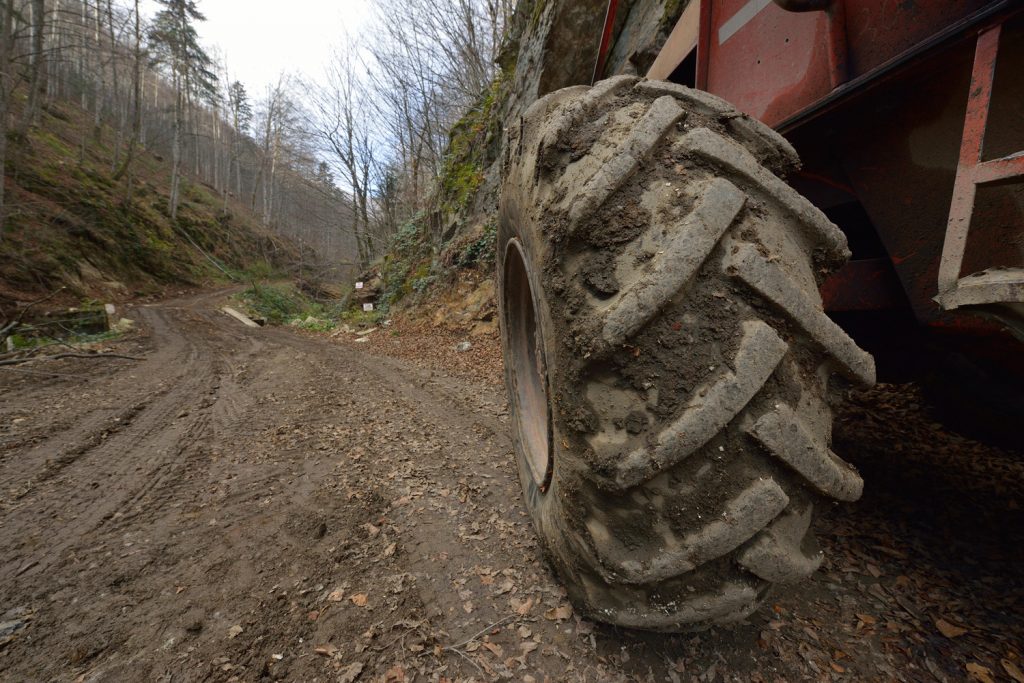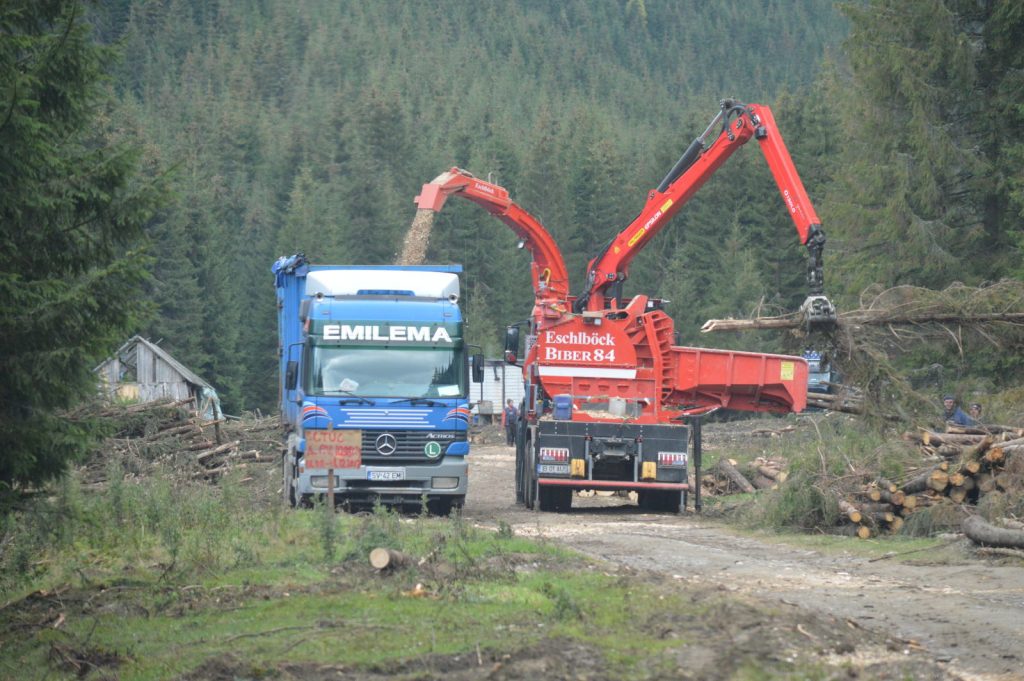On March 4 2019, a landmark lawsuit against the European Union was launched in Brussels to challenge the new EU Renewable Energy Directive (RED 2). Plaintiffs from the five European Member States Romania, Ireland, Slovakia, France and Estonia are charge that the EU’s 2018 Renewable Energy Directive (RED II) will devastate forests and increase greenhouse gas emissions by promoting burning forest wood as renewable and carbon neutral.
The legal case, which will be filed in the European General Court in Luxembourg, cites scientific evidence that wood-burning power plants pump more carbon dioxide (CO2) into the atmosphere per unit of energy than coal plants. The EU policy does not count the CO2 emissions from burning biomass fuels for heat or energy, making it appear that These methodas are more climate-friendly than fossil fuels. The plaintiffs are asking the court to annul the forest biomass provisions of RED II in order to render the burning of forest wood ineligible for EU Member State as they try to meet the renewable energy targets and subsidies.
Burning wood in power plants pumps more CO2 into the atmosphere
(per unit of energy) than coal…
“The EU’s policy relies on the false and reckless assumption that burning forest wood is carbon neutral,” said Dr. Mary S. Booth, director of the Partnership for Policy Integrity, and lead science advisor on the case. “However, scientists from around the world, including the EU’s own science advisors, warned that burning forest wood actually increases emissions relative to fossil fuels.”
EU renewable energy directive in contradiction to Treaty of the Functioning of the EU
“The lawsuit we are filing today alleges the EU’s policy fails to comply with nearly all of the principles for environmental policy that are laid out in the Treaty of the Functioning of the EU, including that policy should be based on science, address climate change and embrace the principle that polluters pay,” said Raul Cazan, from 2Celsius in Romania, one of the NGO plaintiffs. “It’s hard to imagine a more counter-productive policy than burning forests for fuel.”
Romanian environmentalist Gabriel Paun from the NGO Agent Green supports the case as witness.
An overview about the details of the case can be read here.
“We’re in a climate emergency that the EU is exacerbating by treating forests, virtually our only carbon sink, as fuel,” said Peter Lockley, legal counsel for the plaintiffs. “This favored treatment is expanding forest cutting, which in turn is impacting peoples’ property, rights, and livelihoods. It’s vital that people affected by this damaging law are allowed to come before the EU court to challenge it.”

In accordance with Intergovernmental Panel on Climate Change (IPCC) recommendations for maintaining a livable climate, the European Commission has called for a climate-neutral EU by 2050, requiring the balancing of greenhouse gas emissions and uptake into carbon sinks, mostly forests by that point. Under RED II, the EU is required to generate at least 32 per cent of its energy from renewable sources by 2030 to help reduce carbon emissions by 30 per cent in comparison to 1990 levels.
However, biomass energy is a large and growing part of EU’s renewable energy mix. In 2016, nearly half the renewable energy produced in the EU came from burning woody biomass and the demand is expected to increase with RED II.
EU subsidies for wood biomass will increase logging of primeval forests
The case argues that not only the uncounted CO2 emissions from this biomass are undermining efforts to address climate change, but subsidies for biomass are increasing the demand and therefore the logging of forests in Europe and North America. The plaintiffs represent areas that have been hit particularly hard, such as the US Southeast, Estonia, and the Carpathian Mountain forests in eastern Europe where some of Europe’s last remaining primeval forests are being logged.
The suit is being filed by plaintiffs from Estonia, France, Ireland, Romania, Slovakia and the USA. The plaintiffs are bringing the case based on the detrimental impacts from logging and biomass burning they have already experienced and anticipation of future impacts if financial support for bioenergy continues to soar.
“The transformation of the Renewable Energy Directive was the EU’s chance to deal with some of the most egregious problems associated with biomass bioenergy, such as increasing forest harvests and burning whole trees and stumps. On this they largely failed, so it is now up to citizens to take the EU to court and get this disastrous decision turned around” said Hannah Mowat, campaign coordinator at Fern, a Brussels-based NGO working on forests and rights.
For more information about the case and a background on each of the plaintiffs, go to www.eubiomasscase.org.



